When do you first remember thinking of yourself as a designer/artist? How did you end up doing what you do today?
I’m going to really have to keep myself from making fun of all these categorizations! At this moment in time, I’m really no longer interested in these terms. The thing that I’ve found the greatest relief in was the idea that I could just do what I’m interested in. If some people called it art or design or research or activism – or whatever it would be –, I was quite happy that at least they would find it interesting, and that this was the pleasure. If people say, “That’s art,” or something like that, they have some preconception about what art is. I don’t necessarily know if I want to participate in that. So I’m not too worried about those terms.
I have a few realizations about myself as a creative person. I mean, I know I have to make stuff – if I don’t, I go crazy, and I’ve known that for at least twenty-five years or more, since I was an early teenager. I know that I don’t have a lot of ability to tolerate client work. A lot of client work makes me really sad, so I guess that means I’m an artist, because I like making the problems for myself. But I have done design work, and I do take client work. It’s just when the match is right for who I am and what I’m interested in. So I would say that I’ve been doing arts since I was a child. My mom’s an artist. My dad’s a craftsman. So I always knew I was working in the arts somehow.
What excites you about being a designer/artist? Why do you keep doing it?
I like to provoke, I like to share, and I like to explore. So those are three of the main motivations behind what I do. Sometimes I try to do all three. When I say share, I mean it’s because either I like to educate or I like to enjoy the collaborative experience of making something. Sometimes it doesn’t even matter what we’re making, so much as the enjoyable quality of making stuff together. It’s really more important that we make things together.
I like to provoke, and I have some mischievous ideas about making mischief in the world that I think would make the world a more interesting place. I think, “Ah, the world would be a more interesting place if I did this hack and it would provoke people.” So sometimes I do it that way.
And I like to explore. I mean, I’m curious about a lot of things. There are a lot of new possibilities that the technology has obviously made possible, that the networked condition has made possible. So I like to explore those.
What do you think is your most important skill, and why?
I wish I had more of it than I do, but I like to think that it’s sticking with problems and not letting them go. Finding a way to solve things, even if it means the answer is a kludge.
Tell us about the community you're working in.
Half of my collaborators are right here at Eyeo Festival 2011. My community are people who make things in ways that are similar but complementary. People who are making, who are using code to make art, or whatever you call it. To intervene in cultures is almost a better way of saying things. To change things, hopefully for the better.
In what ways does working within a community influence your work?
It has a big influence, of course, because we’re all sharing things together. We’re sharing ideas, sharing materials, tools, techniques, everything.
What role does collaboration with others play for your projects?
For me, it’s central because it makes doing this whole stuff much more interesting. I don’t like doing it all on my own. Collaboration takes many different forms, from working side by side with somebody, to just sharing code online in a very indirect, nonlinear, and sometimes delayed way. I make an improvement to a library, and they make an improvement to a library, and after years it gets better.
What do you wish to achieve with your work?
That’s changing over time. I like to give people this experience of discovering their own potential as creative actors. I like to allow them to discover something new that’s creative in themselves, which means presenting an interactive condition that suddenly they can find some way of expressing themselves within. I like to explore new modes of form, and new kinds of form, and new kinds of creative expression. I also like playing on culture in ways, to talk about new ways of communicating by inventing new media. What that means, new media, to me is not working within new media, but rather inventing new media, inventing new modes of communication, so that people can enjoy new ways of having a dialogue with each other.
What do you think you can actually achieve with your work, where are the limitations?
I wish I understood mathematics better than I do. I really regret not taking linear algebra in college. I dropped out. I thought, “I’m an artist, why would I ever need to take linear algebra?” And now it’s the fundament of all computer vision, the fundament of all computer graphics, both of which I do a lot of. I really should’ve taken matrix algebra, linear algebra – I mean, my limitation’s there. I took calculus, which was lucky, and differential equations, but I didn’t take linear algebra, and I’m always paying for it.
How has your work changed over the years? How did your goals change?
My goals are continually changing. I’m shifting to a place in my life right now, as director of a laboratory, where I’m more about enabling other people. And as a parent, I’m also now enabling some young people to grow, and this is different than the slightly more selfish project of making my own shit. That’s good too, but it’s not quite what it used to be.
If you had the chance to tackle a really big problem our society is confronted with, what would it be?
I feel helpless like a lot of other people with the problems I’m really concerned about and that I don’t feel I have a terrific capacity to influence. I just read an article this morning or yesterday about precipitous and almost near-catastrophic ocean death, like overfishing, and the acidification of the seas, and the over-harvesting of fish, and so on. I think we’re killing the oceans. I mean, I would love to do something about this, but I can’t. I can’t just snap my fingers and say, “Fix it.” I’m quite concerned about the Earth right now. And I don’t have a lot of faith in art or other kinds of communication to work as propaganda to change people’s attitudes. The answer isn’t, “Oh, well then, why don’t you do some kind of propaganda campaign to convince people to change their environmental behavior?” I mean, it just comes off as propaganda. So the problems I feel best equipped to personally address are not the problems that I’m the most concerned about. That is creating a tension in me that I haven’t resolved yet.
I try and fix it to a certain extent by being an educator and helping people learn things that maybe can help them address things. I believe in the capacity of software to help fix a lot of problems that exist right now, ranging from energy use to optimizing and economizing so many different things about the way we live.

